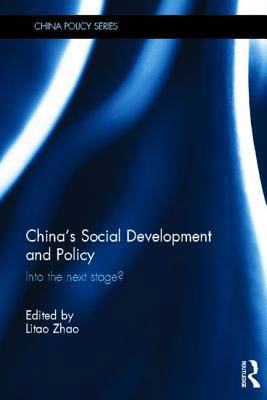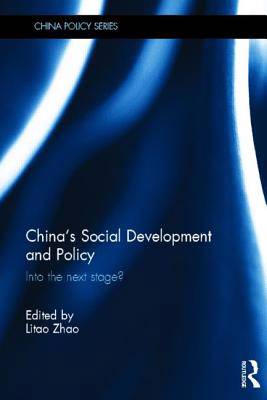
- Retrait gratuit dans votre magasin Club
- 7.000.000 titres dans notre catalogue
- Payer en toute sécurité
- Toujours un magasin près de chez vous
- Retrait gratuit dans votre magasin Club
- 7.000.0000 titres dans notre catalogue
- Payer en toute sécurité
- Toujours un magasin près de chez vous
Description
In China, social development has fallen far behind economic development. This book looks at why this is the case, and poses the question of whether the conditions, structures and institutions that have locked China into unbalanced development are changing to pave the way for the next stage of development. Based on an empirical examination of ideological, structural and institutional transformations that have shaped China's development experiences, the book analyses China's reform and development in the social domain, including pension, healthcare, public housing, ethnic policy, and public expenditure on social programs. The book moves beyond descriptive analyses to understand the role of broader changes in shaping and redefining the pattern of development in China.
Spécifications
Parties prenantes
- Editeur:
Contenu
- Nombre de pages :
- 274
- Langue:
- Anglais
- Collection :
Caractéristiques
- EAN:
- 9780415642835
- Date de parution :
- 20-06-13
- Format:
- Livre relié
- Format numérique:
- Genaaid
- Dimensions :
- 156 mm x 234 mm
- Poids :
- 566 g

Les avis
Nous publions uniquement les avis qui respectent les conditions requises. Consultez nos conditions pour les avis.





